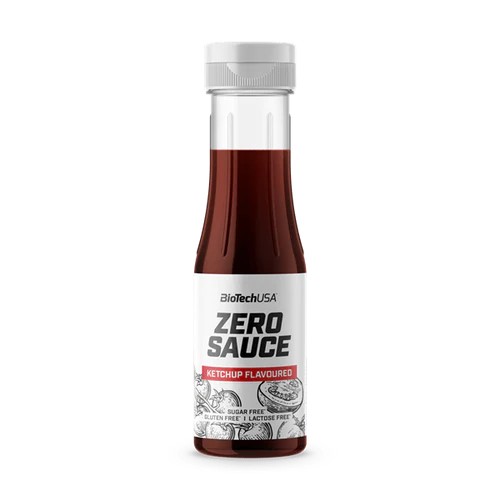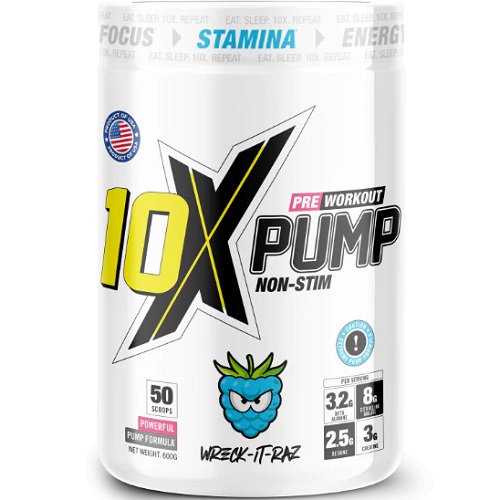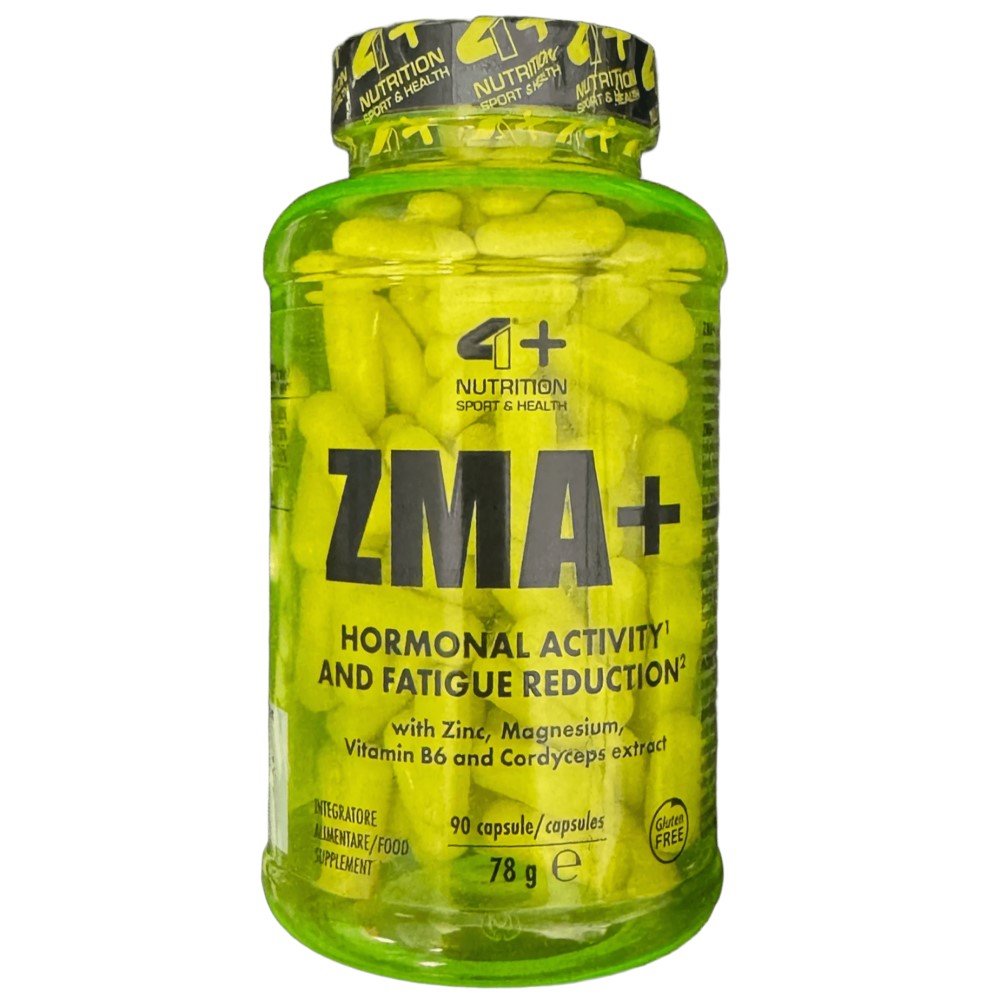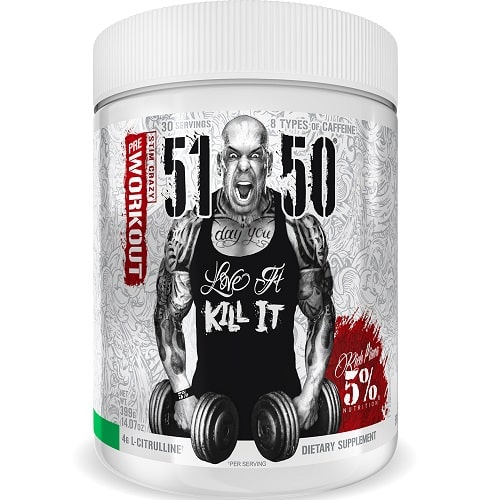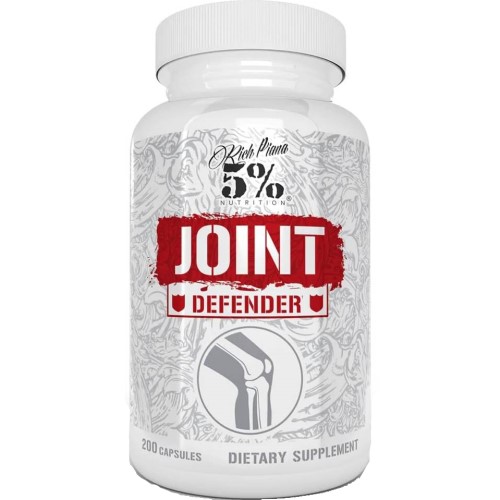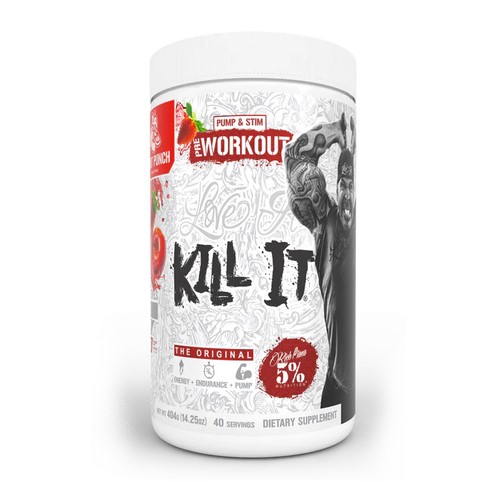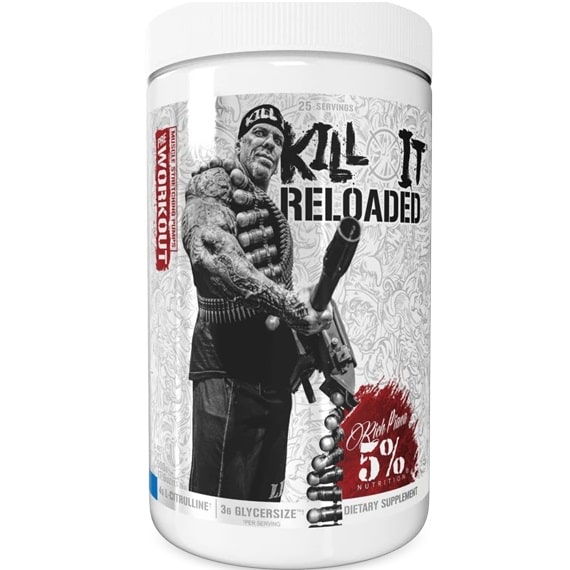ABOUT DISCOUNT SUPPLEMENTS
We offer a wide range of Vitamins, Protein & Weight Loss Supplements at great prices. Next Working Day Delivery within Ireland.
Best Sellers
Average rating of 0 out of 5 stars
Average rating of 0 out of 5 stars
Average rating of 0 out of 5 stars
Average rating of 0 out of 5 stars
Average rating of 0 out of 5 stars
Average rating of 0 out of 5 stars
Average rating of 5 out of 5 stars
Average rating of 0 out of 5 stars
Average rating of 5 out of 5 stars
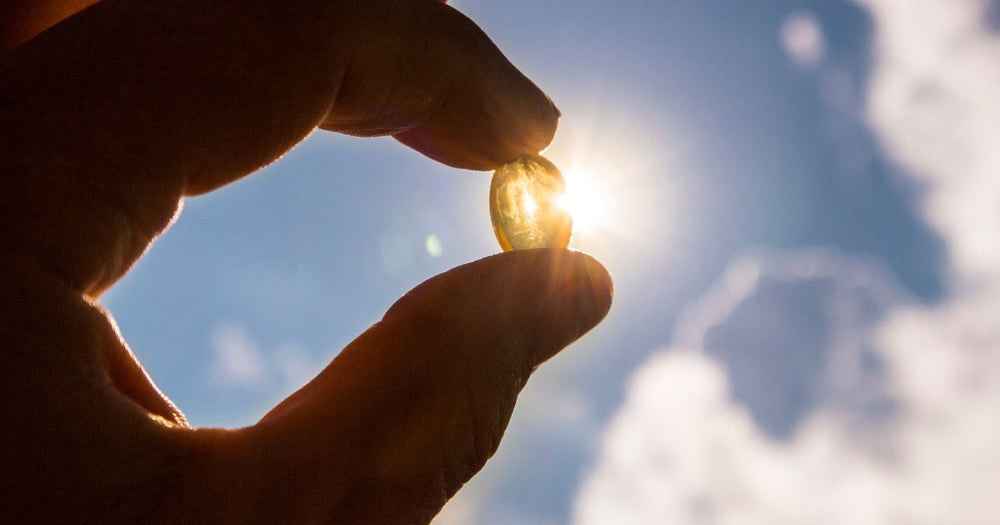
The Importance Of Vitamin D For Our Health
What is Vitamin D?
Why Do We Need Vitamin D?
- Healthy Bones - Vitamin D stimulates the absorption of calcium and phosphorus within the body, both of which are essential for keeping bones healthy. Lack of Vitamin D in a child can manifest as rickets, and in adults can cause osteomalacia or osteoporosis.
- Healthy Muscles - Not only does vitamin D have bone-building abilities, but it also influences strong muscles. Someone with a vitamin D deficiency would have an increased risk of falling and injuring themselves, as muscles are not as strong when they don’t receive adequate amounts of vitamin D. This is especially common among older adults.
- Immune System - Vitamin D supports the immune system by fighting off harmful bacteria and viruses. This role has become more important during the Covid-19 pandemic, and researches have been looking into how vitamin D can prevent infection outcomes.
A study of 25 randomised control trials that compared vitamin D supplements to placebo pills, found that vitamin D significantly reduced the risk of acute respiratory infection when the subjects took daily - or even weekly - vitamin D supplements, especially in individuals who were deficient in it. - Mood Booster - Sunlight and vitamin D have been associated with warding off depression symptoms and regulating our mood, which makes sense when you think about how happy we get when the sun comes out! In a study made by the Journal of Internal Medicine, they identified that people who suffer from depression experienced an improvement in their symptoms when they took vitamin D supplements.
- Strengthens Oral Health - Vitamin D helps our body to absorb calcium, meaning it plays an important role in supporting oral health by lowering the risk of tooth decay and gum disease.
Who is at Risk of Vitamin D Deficiency?
- Older Adults - Unfortunately, as we get older, our skin does not produce vitamin D efficiently. If you also add to the fact that the elderly don’t spend as much time outdoors as they should, it’s easy to understand why they are at risk of vitamin D deficiency.
- Exclusively Breastfeeding Babies - Vitamin D is incredibly important to a newborn's health, and babies who do not receive enough vitamin D in their diet could be at risk of developing rickets. Breast milk alone does not contain a sufficient amount of vitamin D for a growing child, so some doctors do recommend supplementation with vitamin D drops or with formula milk.
- People with Darker Skin - The increased amount of melanin pigment reduces the skin’s ability to produce vitamin D, therefore, people with darker skin should look into vitamin D supplementation.
Getting the Right Amount of Vitamin D
- OstroVit Vitamin D3 2000 IU 60 Softgels
- Biotech Usa Vitamin D3 - 60 Tabs

